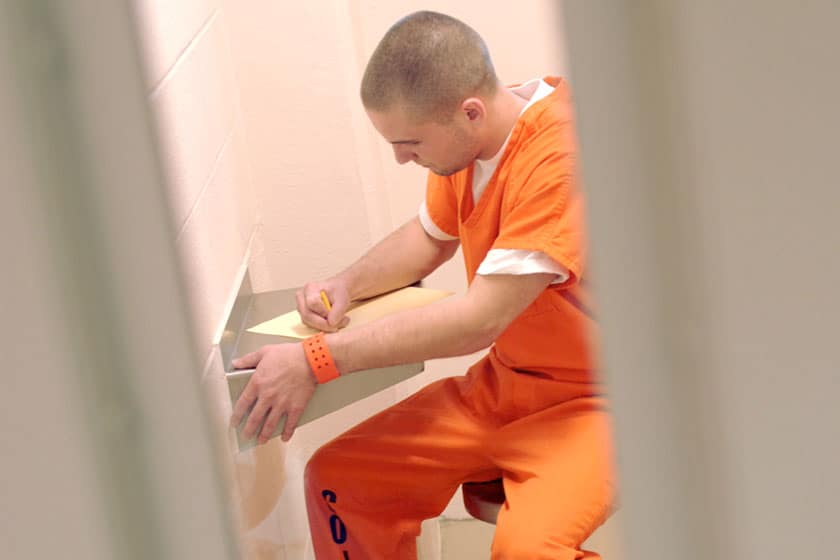State's Michigan's pretrial system is in desperate need of reform. You can help change it.

Imagine being stuck in jail for weeks over a minor offense, like driving with a suspended license. You do not pose an immediate danger to society. However, your family can't afford to pay the bail set by a judge. You know driving with a suspended license is wrong, but you needed to work to provide for your family. Because you're behind bars, your boss eventually lays you off.
Your trial finally comes. Because your crime isn't particularly serious, the judge sentences you to probation. But after you've done your time of community supervision, you can't find a new employer willing to overlook your criminal record. You want to move on and be a productive citizen, but your record ties you to your past. These collateral consequences drive you deeper into poverty.
For too many Michiganders, this scenario is not just a nightmare; it is a difficult reality.
Driving with a suspended license was the third-most-common reason for jail admission in Michigan in 2018. That year, nearly 358,000 people lost the legal right to drive a car because they failed to appear in court or to pay legal fines or fees. For many individuals, a suspended driver's license removes the only way they can get to work, pick up their kids, or run necessary errands. This, in turn, hurts their ability to pay off debts.
THE NEED FOR PRETRIAL REFORM IN MICHIGAN
Suspended driver's licenses is one of several reasons why Michigan's county jail populations nearly tripled in recent years. In response, state and local leaders created the Michigan Joint Task Force on Jail and Pretrial Incarceration. The task force's report, released in January, analyzed jail populations across the state and made legislative recommendations for consideration in 2020.
The report revealed that the average daily jail population in Michigan was 16,000 in 2016. The population was split almost evenly between individuals awaiting trial and those convicted of a crime. While the U.S. Constitution guarantees the right to a speedy trial, there is no definitive time limit set for pretrial detention. Many people waive that right in hopes of getting a better plea bargain. The time an individual spends in detention prior to trial varies by jurisdiction from weeks to months. Some wait years to have their day in court.
The cost of bail also significantly impacts why most pretrial detainees remain in custody today. Two people accused of committing the same crime can be treated differently due to wealth. One may stay in jail pending trial; the other released solely because he has bond money. If cash is the only factor in determining whether a person can go free, you have an unjust system.
RAISE YOUR VOICE
Nearly 8,000 people in Michigan are currently awaiting trial in jail. Many of these people are in jail for weeks over minor offenses because they cannot afford bail.
Pretrial incarceration should be used carefully and only when a person presents an actual risk of harm or flight. And, where access to wealth is the main reason someone is held behind bars—whether due to unnecessarily high bail or inability to pay fines and fees—lawmakers should intervene and pass reforms to make punishment better fit the crime. Michiganders, urge lawmakers to support pretrial justice reforms that offer proportional, nonjail alternatives for minor crimes.
DID YOU ENJOY THIS ARTICLE?
Make sure you don' t miss out on any of our helpful articles and incredible transformation stories! Sign up to receive our weekly newsletter, and you' ll get great content delivered directly to your inbox.
Your privacy is safe with us. We will never sell, trade, or share your personal information.